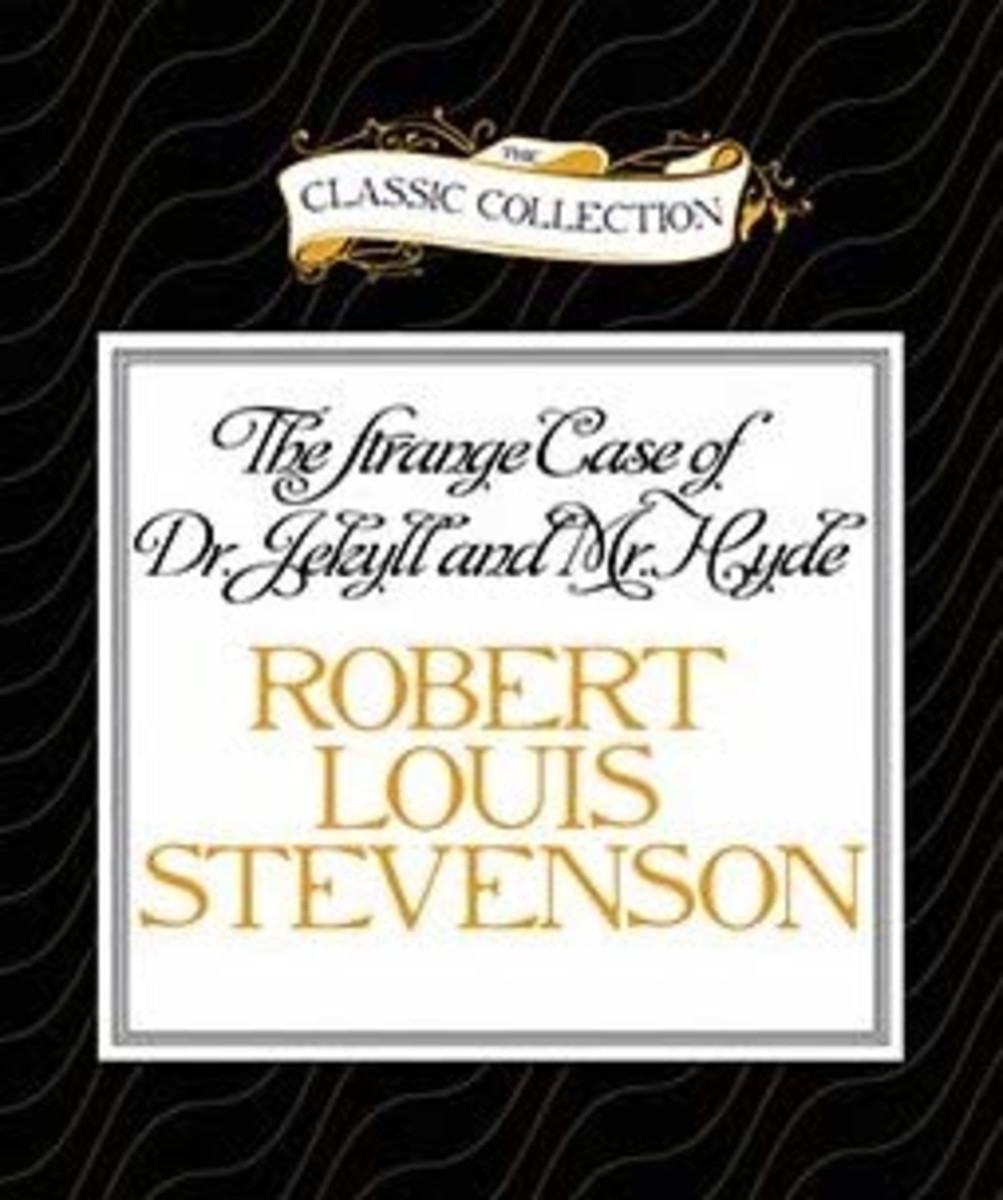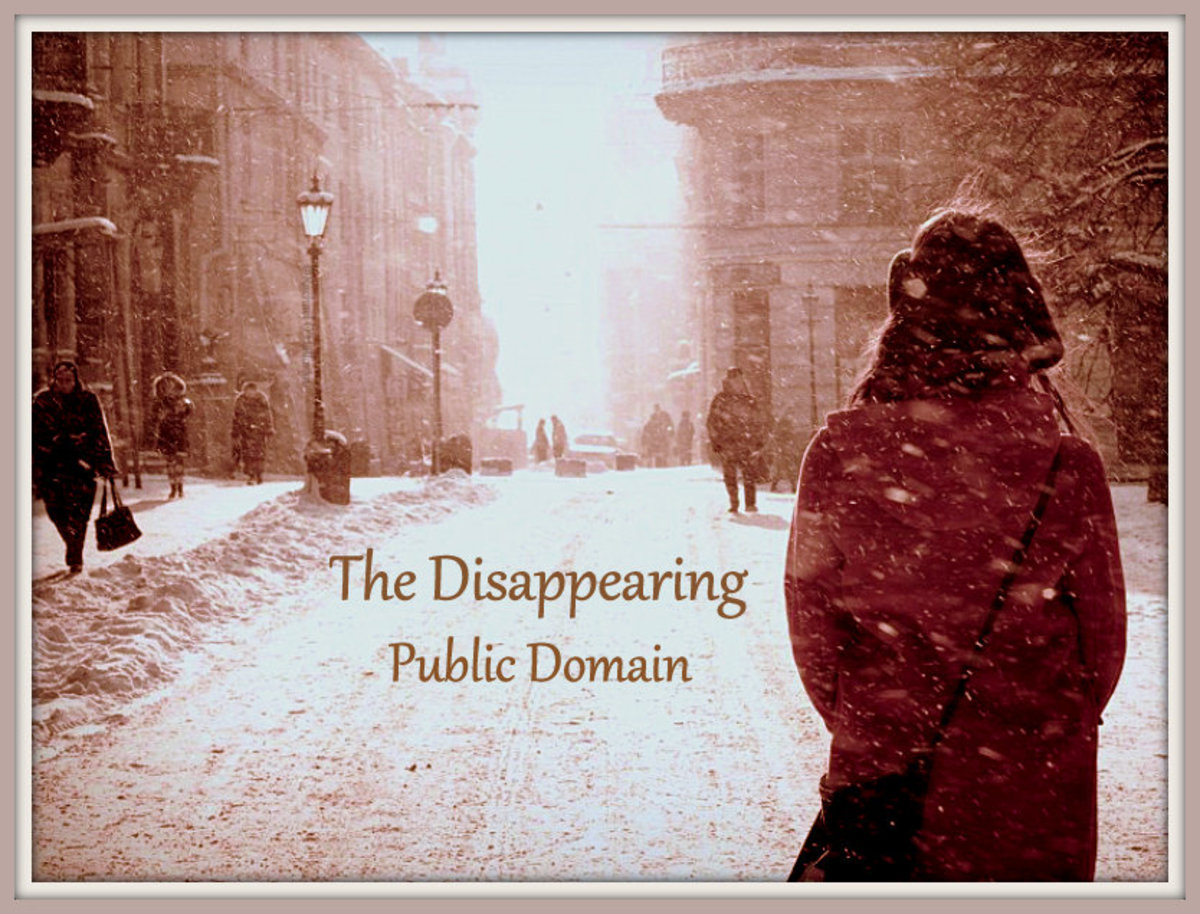MIRROR IMAGE


In starting I offer my humble apologies for any deficit in the quality of this hub. This hub has been reluctantly created. Reluctantly ... because this was merely intended as a response to a question.This piece was never intended to be a hub, however, because of the length of the answer (I must learn how to summarise), it was a case of bin it or hub it ...
Whilst this is substantially my own work, where appropriate I have given credit to the original author.
In the law of contract, the mirror image rule requires that the terms of the offer match exactly the terms of the acceptance. In legal speak, acceptance must be an ‘unqualified expression of assent to the terms proposed by the offeror’ (Ewan McKendrick) in other words. accepted exactly without modification. An attempt to accept the offer on different terms creates what is called a counter-offer essentially this amounts to a rejection of the original offer. A case which aptly illustrates this point is Hyde v Wrench, [1840] 3 Bea 334; 49 ER 132:
Facts:Mr Wrench the defendant in this case offered to sell his estate to Mr Hyde for £1200 and Hyde (Paintiff) declined. Wrench wanting to make a deal then made a final offer to sell the farm for £1000 . Hyde aso wanting to make a deal offered to purchase the property for £950 and Wrench replied that he would consider the offer and would give him an answer within a couple of weeks. Wrench ultimately rejected the offer , and Hyde immediately replied that he accepted Wrench’s earlier offer to sell the real estate for £1000 . Wrench refused and Hyde sued for breach of contract and sought specific performance (i.e. that the farm be sold on his terms), contending that Wench’s offer had not been withdrawn prior to acceptance.
Issue: If one party makes an offer and the offeree makes a counter-offer, does the original offer remain open?
Held: No. A counter-offer KILLS the original offer. According to Kindersely and Keene: To constitute a valid contract there must be a simple acceptance of the terms proposed. Hyde rejected the defendant’s offer to sell and made a counter proposal which kiled the offer. Basically the offer was never accepted – it was dead and could not be revived later.
Modern examples:
Offeror: I will sell you my lap top for £200 Offeree: Great, I’ll pay £200 for your laptop - THIS IS A MIRROR IMAGE
Offeror: I will sell you my laptop for £200 Offeree: I’ll pay £200 for your laptop as long as you load it with Microsoft office software – THIS IS NOT A MIRROR IMAGE ACCEPTANCE AS OTHER ITEMS ARE BEING ADDED TO THE CONTRACT
The United States, have altered the rule with respect to merchants dealing under the Uniform Commercial Code(UCC). In such situations, even if an acceptance does not match the terms of the offer it may nonetheless be effective. The terms of the acceptance that do not materially differ from the original offer will govern the contract as a whole.
The UK had not adopted the UCC, nevertheless concessions have been made in certain circumstances. The reason for this is because a rigid insistence on a precise correspondence between the terms of the offer and the terms of the acceptance gives rise to difficulty in modern trading conditions where businesses rely upon standard terms of business. The leading case which aptly illustrates this point is Butler Machine Tool Co Ltd v Ex-Cell-O Corp (England) Ltd, [1979] 1 aer 965
Facts The Butler Machine Tool Company quoted a price for a machine with specific terms and conditions for purchase outlined on the back. These terms included a price variation clause which allowed the seller to increase the price if there was an increase in the manufacturing costs. By return the purchaser sent an order form outlining their own terms and conditions, but it did not include a price variation clause. A tear off slip was attached to the order form with a stipulation that it was to be signed by the seller acknowledging their acceptance of the buyer’s terms. The seller’s returned the signed slip. In November 1970 the machine was delivered and the seller claimed an additional £2,982 under the price variation clause in the final contract.
Issue: The main legal issue was to determine the effect of a counter-offer on an original offer thereby establishing whether the seller (Butler Machine Tool Co) could rely on a price variation clause which was present in the standard form.
A Standard Form Contract is a contract that is not individually negotiated by the parties but contains the same terms for all transactions of that type.
SUMMARY OF MAIN JUDGMENTS
Lord Denning MR
Lord Denning MR approached the case observing the documents alone, concluding that the price variation clause in the sellers’ form continued through the whole dealing, so the sellers were entitled to rely on it. He confirms that the sellers’ did all that was necessary and reasonable to bring the price variation clause to the buyers’ attention.
Lawton LJ
Agreed with Lord Denning MR that as according to Hyde v Wrench a counter-offer acts to kill any previous offer.
This case is said to be in English law, the premier example of the “Battle of Forms”, a situation that arises when both parties, for example a buyer and seller of goods exchange inconsistent standard forms during contract negotiations and reach an agreement without deciding whose standard forms should prevail.
I respectfully agree with Denning's summation - after all who I am to argue with the master. Nevertheless, if you care to read the case in full (I don't particularly advise this unless you're a law student with time on your hands), you'll see that the other judges did not really support Dennings approach to resolving this legal matter, still they agreed with the outcome.
That's it - the Mirror Image rule in a kind of nutshell!








